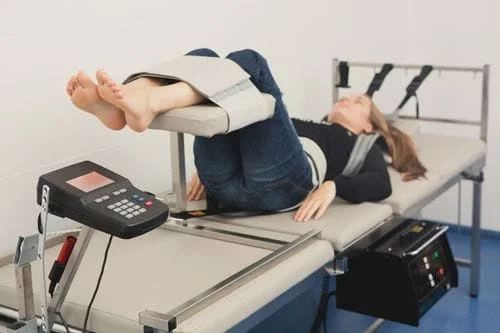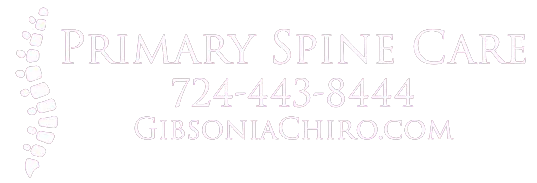
Nonsurgical or surgical spinal decompression can reduce the pressure on affected areas and allow you to move with ease. Dr. Kris Gongaware can tell you how spinal decompression may facilitate your recovery.
What to Expect from Spinal Decompression
Patients may be eligible for nonsurgical or surgical spinal decompression therapy. Non-surgical spinal decompression involves the use of motorized traction to stretch the spine. This gentle procedure reduces pressure on and may induce retraction of herniated and bulging disks. With less pressure on the area, the body may continue with the healing process.
Surgical spinal decompression is used for those with more serious cases. This alternative may be suggested for those with bony growths or ruptured disks. Types of surgical spinal decompression include Corpectomy, Laminotomy and Diskectomy. Dr. Gongaware will clearly explain your surgical options and help you determine which one may work best for you.
The Benefits of Spinal Decompression
Non-surgical spinal decompression can complement a range of other therapies, such as massage therapy or acupuncture. This non-invasive therapy is often included as part of an effective treatment plan offering benefits like:
- Improved oxygen, blood flow and movement of nutrients to an affected area, promoting healing.
- Reduced pressure on injured disks often causing a retraction of bulging or herniated disks.
- Decreased pressure on surrounding nerves and structures.
- Being able to perform daily activities and exercises more easily.
- Reduced pain in the back or neck.
Individuals may require a series of in-office treatments. Each session may last up to 45 minutes. Patients often experience less discomfort, inflammation and muscle tension soon after a session.
Surgical spinal decompression may be suggested depending on specific conditions and response to other therapies. There are inherent risks to any surgery which Dr. Gongaware will explain. A patient may not feel immediate relief after surgery and may have to wait until the healing process is complete to notice a significant difference.
Our Team at Primary Spine Care Can Help
For more information about spinal decompression, contact Primary Spine Care at (724) 443-8444.

